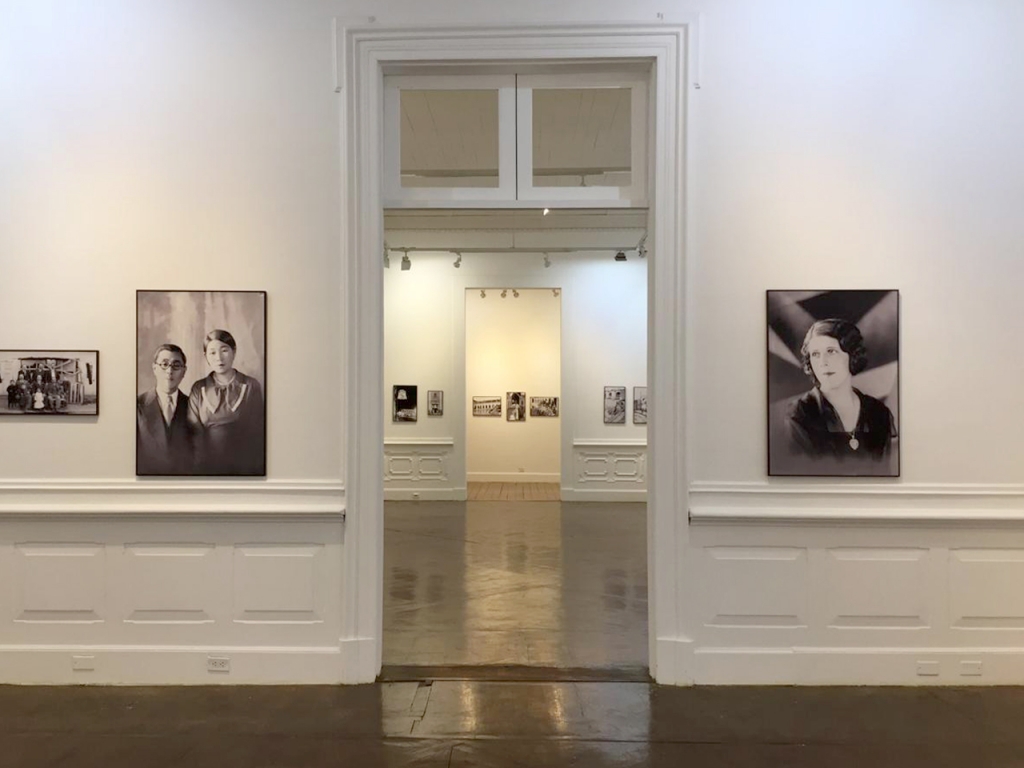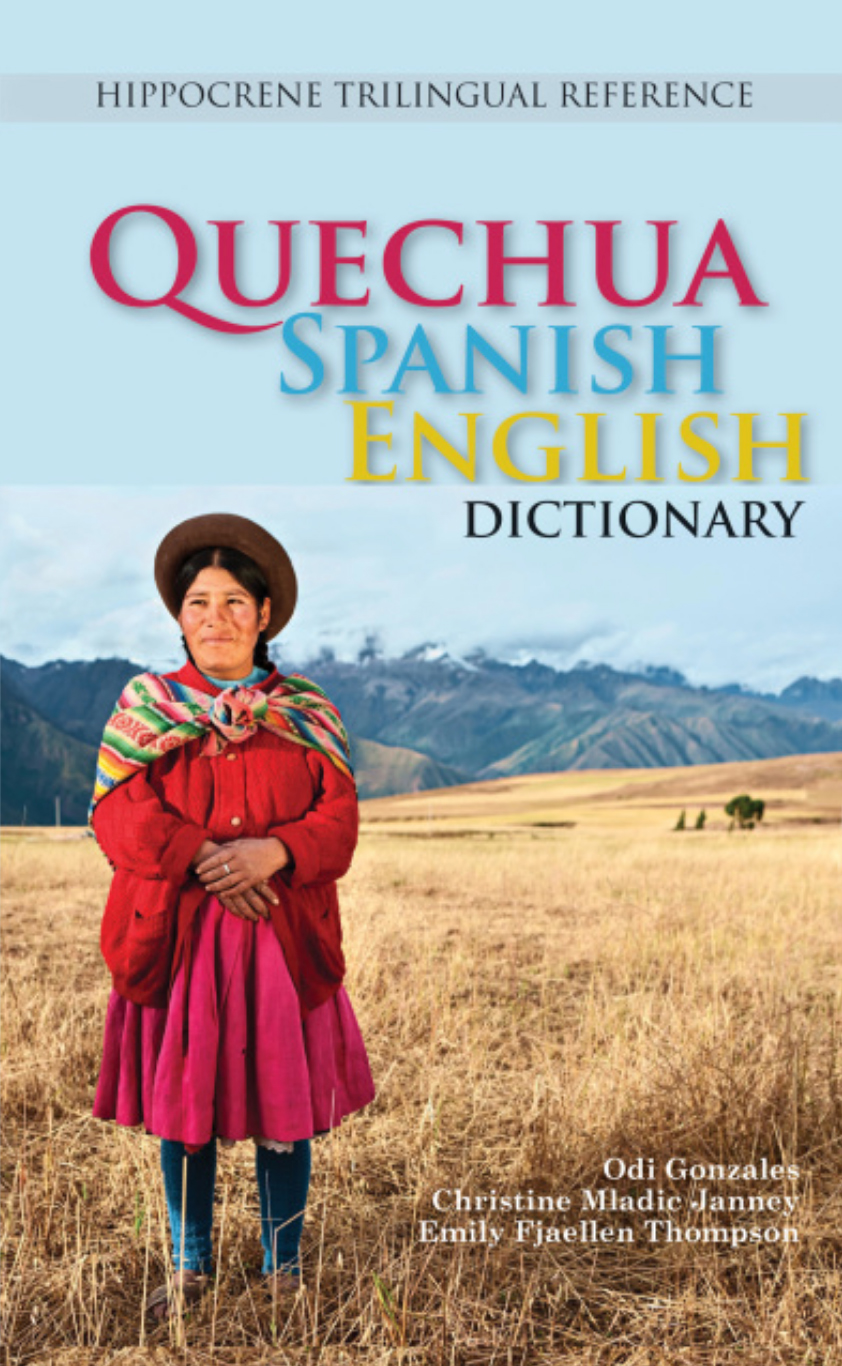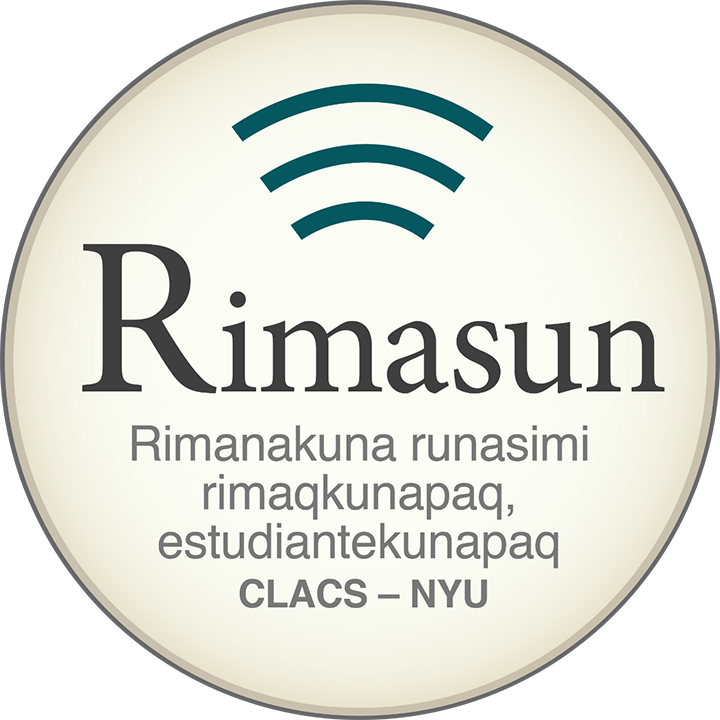
CIEFO
The Center for Photographic Research and Study
The Center for Photographic Research and Study (Centro de Investigación y Estudios para la Fotografía / CIEFO) is a non-profit association based in Arequipa, Peru, that supports the conservation, investigation, and dissemination of photographic image-objects and archives with a connection to the Peruvian experience.
Home to such photographers as Max T. Vargas, Emilio Díaz, The Brothers Vargas, Manuel Jesús Glave and Victor Alcázar, and Jorge Bravo Pineda, among many others, Southern Peru has a rich photographic legacy. Its dry, desert climate also makes it an ideal place for the storage and conservation of photographic materials. The founding members of CIEFO are photographers and scholars investigating the complex and fascinating photography worlds in Southern Peru, and creating multilingual exhibitions and publications to disseminate this research. Through a series of in-person and virtual events, trainings, publications, exchanges, and videos, CIEFO also supports local and international scholars interested in studying photographic image-objects and archives, as well as those interested in learning about photographic conservation.
CIEFO was co-founded by Christine, Juan Carlos Belon Lemoine, and Ros Postigo.

Quechua-Spanish-English Dictionary
A Hippocrene Trilingual Reference
343 pages, 2018
Quechua is an indigenous language family spoken by at least 10 million people. While many people speak Quechua primarily in the Andes region of South America, it is also spoken by people around the world. Featuring Cusqueñan Quechua, this trilingual dictionary was researched and compiled to address the paucity of written Quechua resources, and is one of the first to be published in the United States. It includes over 11,000 entries as well as an introduction to the Quechua language and basics of grammar.
The idea of publishing this trilingual dictionary emerged in the classrooms of New York University, where Peruvian professor and native Cusqueñan Quechua-speaker Odi Gonzales teaches. Dr. Christine Mladic Janney and Emily Fjaellen Thompson completed NYU’s Quechua program under the direction of Prof. Gonzales, who has devoted his life to the study of Andean language and thought as a researcher, poet, and translator. Together, the team worked for six years to complete the trilingual dictionary, which is based on research that Prof. Gonzales has carried out over many decades.
Purchase the Dictionary
Quechua-Spanish-English Dictionary: A Hippocrene Trilingual Reference can be purchased online through Hippocrene Books, your local bookstore, and Amazon

Rimasun
Quechua Language Podcast Program
Rimasun—which means “let’s talk”—is a free audio series featuring conversations and interviews conducted in the Quechua and Kichwa languages. Through the program, NYU students and members of broader NYC and Andean communities collaborate to share personal narratives, occupational interviews, presentations of academic research, songs, and stories, and have discussed such topics as scissor-dancing in the US, indigenous television in Ecuador, intercultural bilingual education, and the politics of speaking Quechua. Participants are language teachers, students, and native, heritage and second-language Quechua and Kichwa speakers. The series is supported by the Center for Latin American and Caribbean Studies at New York University.
Christine initiated the podcast program in 2011 while working at the Center for Latin American and Caribbean Studies at New York University, and was Lead Producer from 2011 through 2015.